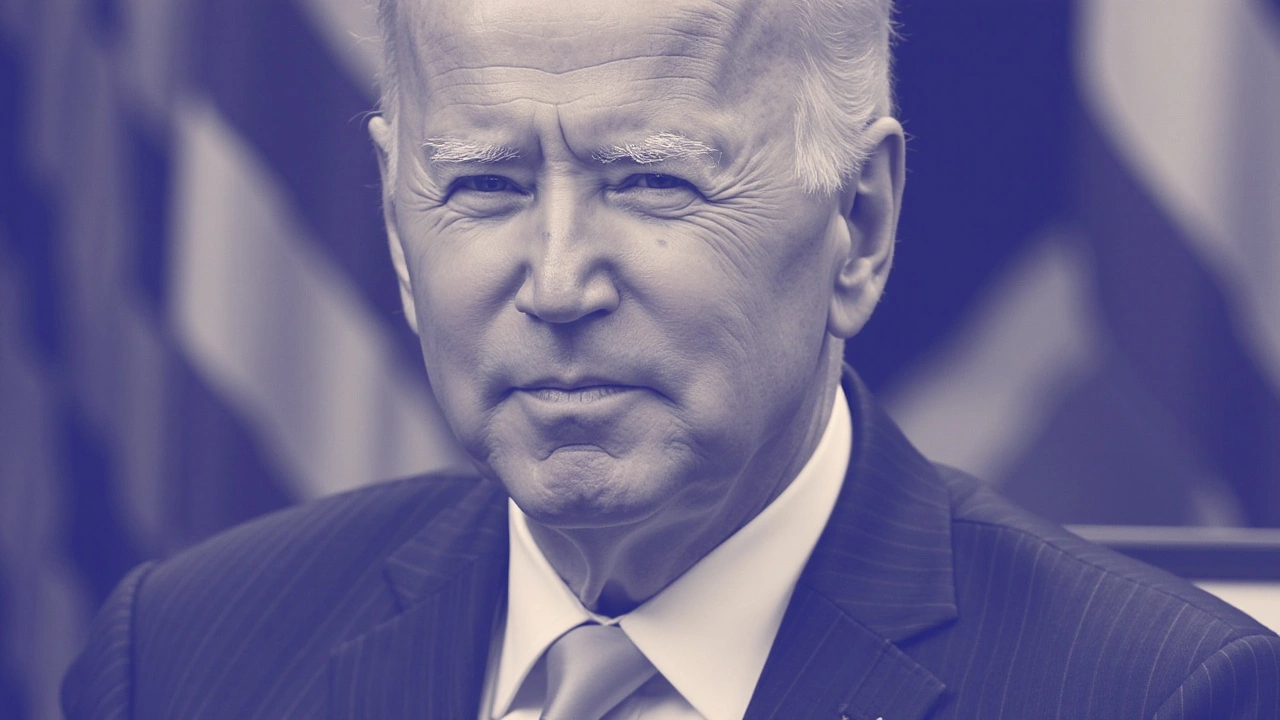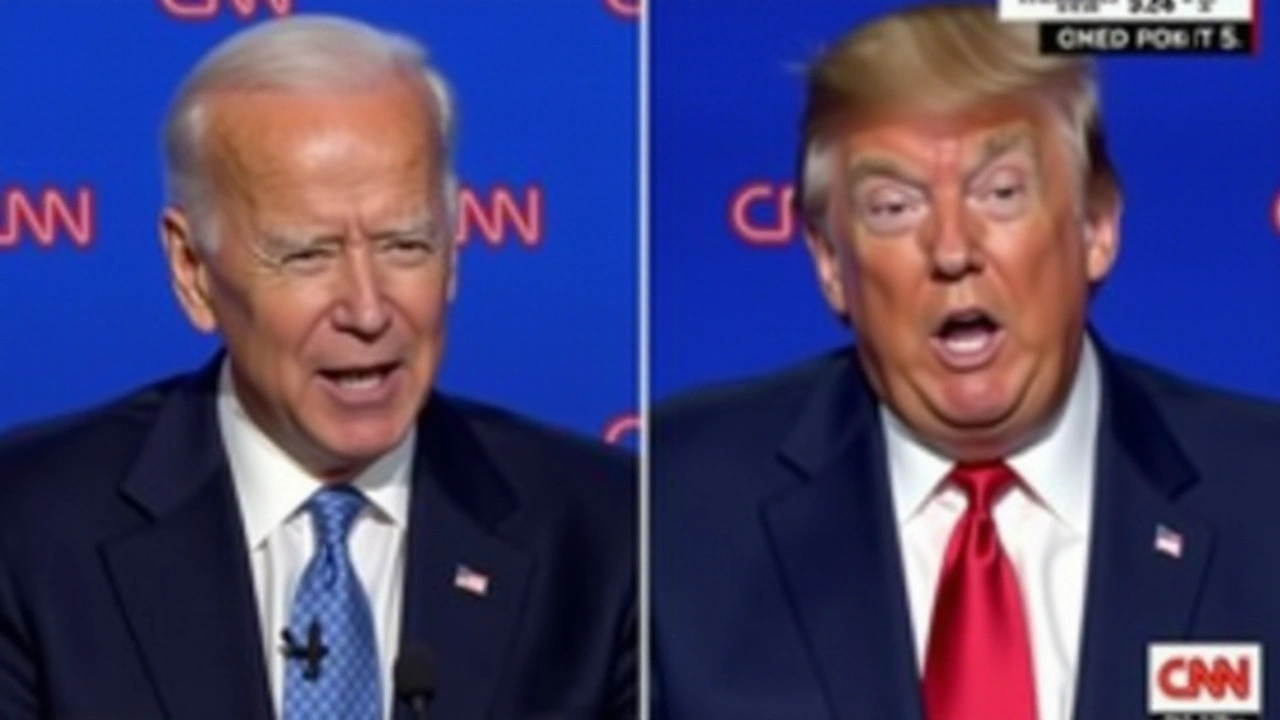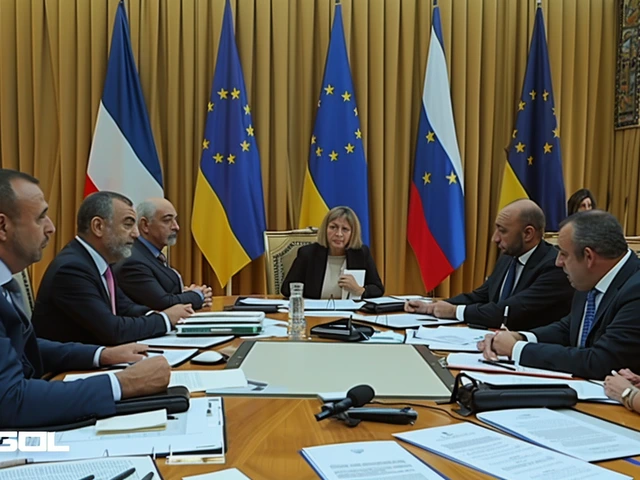The Anticipated Call: A Tradition of Transition
In a significant moment echoing the core tenets of democracy, U.S. President Joe Biden is reportedly preparing to reach out to his political rival, Donald Trump, to extend his congratulations following the latter’s victory in the 2024 presidential election. This expected exchange, although routine, carries a profound weight as it reinforces the strong democratic traditions of the United States, especially the peaceful transition of power. Such gestures, firmly rooted in political courtesy, underscore the nation’s commitment to clear electoral outcomes and the acceptance of voters’ decisions, regardless of contentious timelines and campaigns.
Presidential Traditions and Historical Precedents
The process of acknowledging an election winner through a phone call is more than a mere formality; it is a symbolic thread woven into the fabric of the American political tapestry. The history of outgoing presidents calling or meeting with their successors can be traced back through several administrations, solidifying a process that demonstrates unity in the face of divisive politics. In 2016, for instance, Barack Obama invited then-President-elect Trump to the White House following his unexpected victory over Hillary Clinton. These moments are pivotal, serving as reminders to the nation and the world of America’s resilience and dedication to democratic norms.
The Political Landscape After 2024 Elections
The 2024 presidential race was emblematic of the deeply polarized political landscape in the U.S. In an election characterized by fervent campaigning and strikingly contrasting visions for the future, Donald Trump emerged victorious, capturing the political pulse of a significant portion of the electorate. From major policy debates to discussions over governance style, the proceedings brought to light critical issues that resonate with the American populace. President Biden’s anticipated call to Trump is indicative not only of respect for the electoral process, but also of a willingness to transcend partisanship for the greater good of the nation.

Vice President Harris's Role in the Concession
The formal acknowledgment of an election’s outcome is further underscored by Vice President Kamala Harris’s concession speech, where she directly reached out to Trump to concede. Her concession adds a layer of emotional and political gravity to the moment, reinforcing the importance of acknowledging defeat with grace and dignity. This act is not only a personal gesture but a critical component of instituitionalizing the power transfer, thereby ensuring stability within the government's framework.
Implications for Biden's Legacy
For President Biden, this phone call and the acceptance of the electoral result presents both a challenge and an opportunity. On one hand, it represents a moment of closure for his administration, a chance to reflect on the accomplishments and challenges over his tenure. On the other, it could be viewed as an occasion to reinforce his legacy as a leader who valued democracy above partisan allegiances. As history observes each administration closely, gestures like these may well define Biden’s lasting impact on the political landscape and his dedication to upholding democratic norms.
Public Reception and Future Developments
The public reception to this transition is mixed, as is typical in such polarized times. To some, the willingness to reach out symbolizes the resilience and adaptability of the American democratic process. To others, it may be a moment of disappointment, reflective of their dissatisfaction with the election outcome. As the dust settles, the nation and the world will watch closely to see how these gestures translate into political actions under Trump’s leadership in his subsequent term. These events are crucial as they will shape political dialogues and influence public perceptions of democratic processes going forward.
A Glance at the Road Ahead
The 2024 presidential election, culminating in this expected diplomatic gesture, sets the stage for a new chapter in U.S. politics. President-elect Trump now faces the considerable task of addressing the robust expectations and challenges ahead, from economic policies to international relations and domestic issues. For Biden and his administration, ensuring a smooth transition stands as a final duty to their role, blazing a path forward for constructive political discourse and effective leadership. This moment transcends a mere phone call, encapsulating the art and architecture of American democracy in action. As Trump prepares to take office once more, the country braces for the direction he will set, with hopeful anticipation and a watchful eye on the promises pledged during the campaign.






